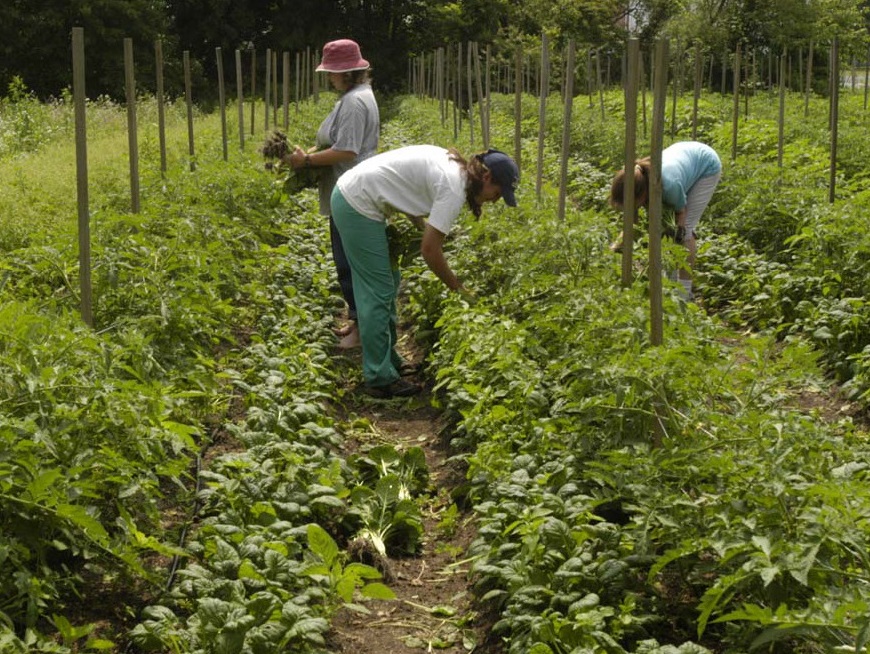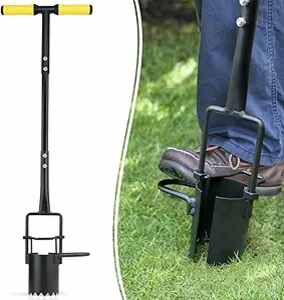The Ultimate Gardening Guide for Beginners: Whatever You Need to Know
The Comprehensive Overview to Horticulture: Discover the Advantages of Different Designs and Strategies
Horticulture includes a diverse selection of styles and methods, each offering special advantages tailored to private preferences and ecological contexts. As we check out these different designs, it ends up being obvious that the choices made can dramatically influence both the yard's health and its payment to the surrounding atmosphere.
Recognizing Gardening Basics
Understanding the basics of gardening is essential for growing a flourishing and sustainable yard. A successful horticulture endeavor begins with a solid foundation of knowledge relating to soil, plant selection, and climate factors to consider. Healthy and balanced soil is the foundation of any yard; it gives crucial nutrients, water retention, and a habitat for advantageous bacteria - Gardening. Testing dirt pH and nutrient levels can lead modifications to enhance plant development.
Selecting the right plants is similarly important. Understanding their specific requirements-- such as sunshine, water, and spacing-- guarantees compatibility with the local environment and soil problems. This option process must additionally take into consideration the development routines and lifecycle of plants, permitting a well balanced and aesthetically pleasing garden.
In addition, effective sprinkling techniques are important. Over-watering and under-watering can both lead to plant stress and condition. Carrying out a schedule based upon seasonal adjustments and plant needs can boost water effectiveness.
Popular Gardening Styles
What defines the essence of preferred horticulture styles? These styles envelop diverse visual concepts, practical requirements, and environmental factors to consider, inevitably showing the gardener's individual vision. Among the most renowned designs is the home garden, identified by its casual design and a dynamic range of blossoms and veggies. This approach emphasizes an unified blend of shade and texture, developing a welcoming atmosphere.
Conversely, the formal yard embodies balance and order, commonly featuring geometric patterns and meticulously cut hedges. This design interacts elegance and elegance, with thoroughly picked plants that reinforce an organized visual.
The Japanese yard provides a calm and reflective experience, using natural environments like water, rocks, and plants to create a tranquil atmosphere. It concentrates on simpleness and balance, urging reflection.
In addition, xeriscaping has gained popularity, especially in dry regions (Gardening). It focuses on drought-resistant plants and efficient water usage, promoting sustainability while enhancing landscape beauty
Advantages of Container Gardening
Container horticulture offers a wide range of advantages that make it an attractive choice for both amateur and knowledgeable gardeners alike. Among the key benefits is versatility; containers can be put in different locations, allowing garden enthusiasts to maximize sunlight direct exposure and produce visually enticing arrangements. This flexibility makes it possible to garden precede where typical in-ground gardening may not be feasible, such as verandas, patio areas, or metropolitan atmospheres.
Furthermore, container gardening gives far better control over soil conditions. Gardeners can customize the soil mix to suit certain plants, making sure optimum drainage and nutrient schedule. This is specifically valuable for people living in areas with bad or contaminated dirt.
Another significant advantage is the reduced danger of parasites and diseases. Container plants can be kept track of much more conveniently, and any kind of concerns can be addressed without delay. This technique can reduce the spread of invasive species.
Sustainable Gardening Practices
Lasting horticulture methods are crucial for promoting environmental wellness and enhancing biodiversity in our communities. These methods focus on environmental balance, source conservation, and making use of organic methods to decrease unfavorable environmental effects. By utilizing strategies such as composting, gardeners can lower waste while enhancing dirt health, thereby fostering a thriving garden community.
Water preservation is one more vital facet of sustainable gardening. Techniques such as rain Continue harvesting, drip irrigation, and using drought-resistant plants can substantially lower water use while making certain that plants receive sufficient dampness. Furthermore, integrating native plant species right into yard styles sustains regional wild animals and reduces the requirement for chemical plant foods and chemicals, which can be unsafe to the environment.

Eventually, lasting horticulture methods not only add to much healthier yards yet likewise advertise a more resilient atmosphere, providing lasting benefits to both the gardener and the surrounding area.
Tips for Successful Gardening
To cultivate a growing garden, gardeners ought to prioritize careful planning and thoughtful execution of their horticulture strategies. Begin by analyzing the regional climate and dirt conditions, as these elements significantly affect plant choice and development. Pick plants that are fit to your atmosphere, thinking about indigenous varieties that will grow with very little intervention.
Executing a well-structured layout is critical (Gardening). Use companion planting methods to advertise biodiversity and all-natural pest control, while ensuring each see this plant has sufficient space for development. This not just enhances aesthetic appeals however also improves total plant health
Routine maintenance is vital to a successful garden. Establish a consistent schedule for watering, weeding, and feeding. Mulching can aid keep imp source dampness and reduce weeds, while likewise adding natural matter to the soil.
Do not take too lightly the importance of monitoring. Routinely checking plant health and wellness and growth will enable prompt treatments. Finally, be open to learning and adapting; horticulture is a constant procedure that benefits from experience and experimentation. By prioritizing cautious planning, execution, and ongoing upkeep, gardeners can achieve a lively and effective yard that thrives throughout the periods.
Verdict

In recap, the exploration of varied horticulture designs and approaches discloses their complex advantages, contributing to both visual allure and ecological health. Container gardening offers adaptability and accessibility, while sustainable practices boost environmental stewardship.